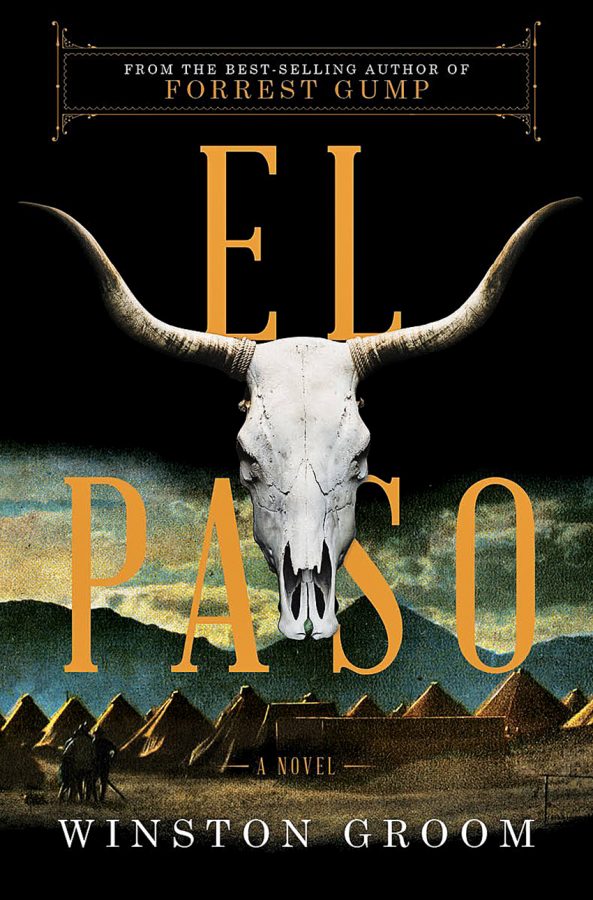Two parallel worlds spin on the axis of historic El Paso. In his latest novel, Winston Groom, celebrated author of “Forrest Gump,” explores the collision that occurs when the inhabitants of these worlds come together.
The premise for the story sounds promising at first glance: In 1916, the U.S. is ruled by titans of industry who indulge in absurd excess from the comfort of New England mansions and country homes. These financial giants are tied to the desolate landscape across the country’s southern border by investments in land and cattle in northern Mexico.
There, lawlessness and violence take hold as the Mexican Revolution brews in the Chihuahua desert and Sierra Madre. Revolutionaries led by the notorious Pancho Villa begin to raid these their ranches and holdings, motivating the rich Americans to take action. One of these families, the fictional Shaughnessys of Boston, travel to secure their holdings, but the operation turns sour when the family’s young children are captured by the rebel army.
So begins the outlandish journey of a ragtag band of cowboys and underdogs to save them.
The premise of the novel certainly provides enough material for what the cover bills as an “American Epic.” However, Groom’s careless execution instead drags the reader along for a bumpy and aimless ride.
Tangents pervade the novel’s exposition, resulting in a narrative that feels like it’s told by an overzealous grandfather who needs to take a break from watching the History Channel. At times, the level of detail is painful and unnecessary. Dozens of characters’ storylines create a jumble of views that confuse the reader from any discernible theme or higher meaning.
At other times, readers crave a small taste of deeper meaning from sources which show some promise. Characters such as Villa and Ambrose Bierce provide interesting insights that Groom should have elaborated upon, but instead he focuses on characters who fail to move the story forward at all.
Even details that show promise of elevating the story to a more grandiose level, such as a scandalous affair or a German nationalist vying to provoke war between Mexico and the U.S., fall flat because of Groom’s reluctance to be daring in his craft.
In the preface of his novel, Groom cautions the reader to take note of his deviations from the historical record for artistic purposes. But in spite of this warning, Groom fails to take advantage of these creative outlets: why write historical fiction without daring to break the rules?
What made “Forrest Gump” successful was its inventive twist on historical events and the heartwarming elements of its message. A campy mood may have worked well with “Forrest Gump”’s emotional arc, but the same can’t be said about “El Paso.” The Chihuahua Desert proves inhospitable to the novel’s amicable tone. From “El Paso,” it seems as if Groom is a one-trick pony.
Groom doesn’t quite commit to seriousness or outright outlandishness. Acknowledgment of the story’s ridiculousness would have been commendable, but the story’s lack of self-awareness, made clear by corny dialogue, results in making its characters seem pitiful.
In essence, what may have been delightful as a novella makes readers feel as if they are going on their own trek through the desert when it’s diluted to nearly 500 pages of campiness, banal geniality and camaraderie.
Groom’s first venture into fiction since the release of “Forrest Gump” 30 years ago indicates that he may inclined to stick to the realm of nonfiction in the future. “El Paso” may be a roller coaster ride of action and adventure, but the chills it causes are only skin-deep.















